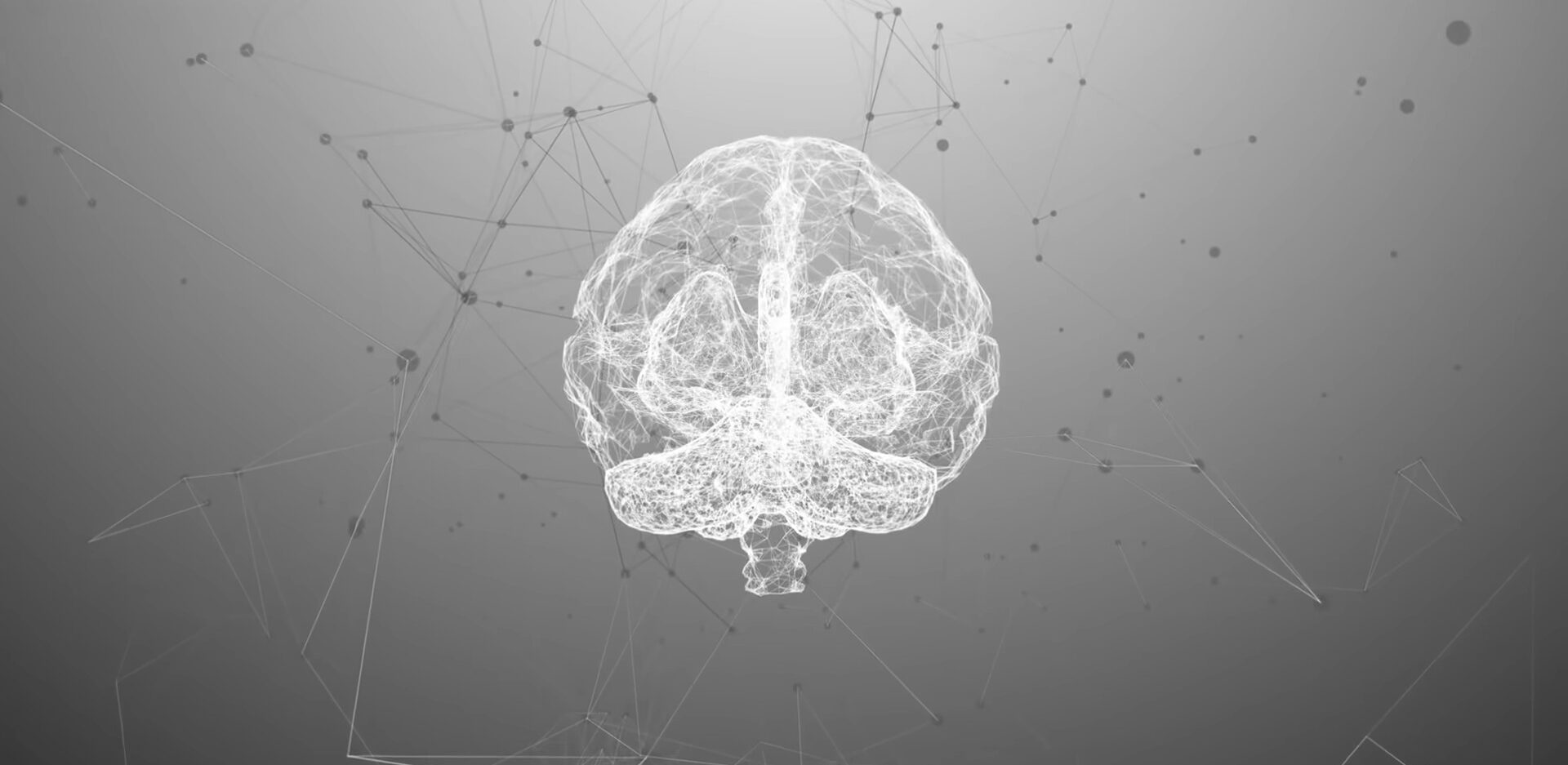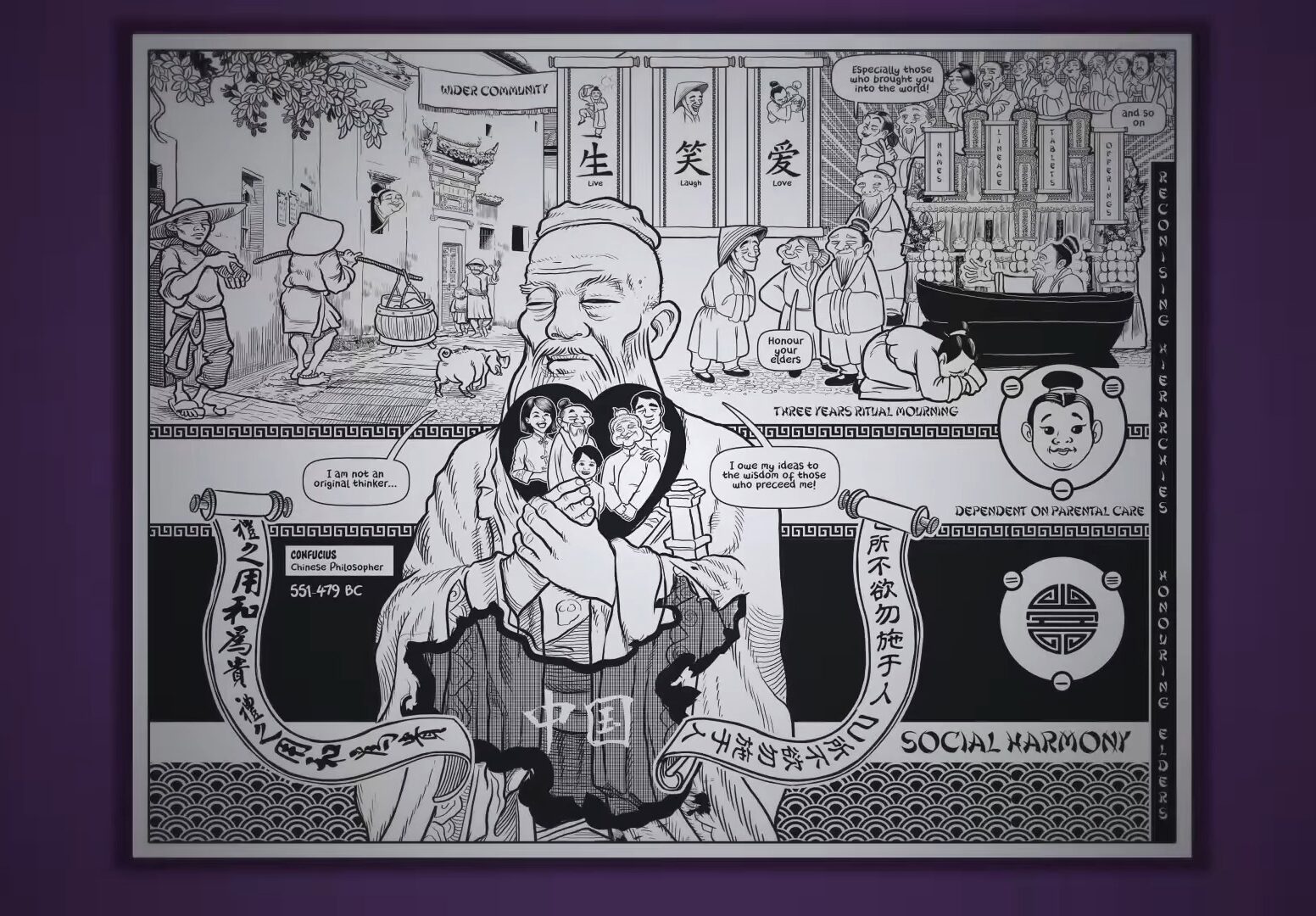Have you ever woken up from a dream where you’ve had an encounter with a deceased relative? Such dreams can be both mystifying and emotionally stirring.
They often leave us wondering about their significance and searching for answers. In this blog post, we’ll talk about various scenarios and interpretations, helping you to understand what these dreams mean.
Key Takeaways
- Dreams about deceased relatives often signify life changes or emotional reflection.
- They can provide comfort, guidance, or closure, aiding in healing after loss.
- Interpretations vary across cultures, reflecting diverse beliefs.
- These dreams may highlight unresolved emotions or desires for reconciliation.
- Understanding these dreams can offer insights into emotional states and help with grief.
The Emotional Impact
Dreams about deceased relatives are not just a phenomenon of the subconscious; they are profound experiences that can impact our emotional well-being. These dreams often occur during pivotal moments in our lives, offering comfort, guidance, or sometimes unresolved issues seeking closure.
They can evoke a range of emotions from deep sadness to a comforting sense of peace. Interestingly, the nature of these dreams can also change over time, mirroring our evolving emotional state and coping mechanisms.
For many, these dreams serve as a gentle reminder of the enduring bond with those who have passed, transcending the limitations of physical existence.
| Scenario | Description | Purpose and Impact |
|---|---|---|
| Receiving Comfort and Assurance | Dreaming of a recently passed away parent who appears healthy and happy. They may communicate feelings of reassurance and love without words. |
|
| Unfinished Business | Dream featuring a distant relative with unresolved issues. They engage in meaningful conversation or offer a symbolic gesture that resolves past conflicts. |
|
Cultural Interpretations
Different cultures view dreams of deceased relatives through various lenses, often influenced by religious and spiritual beliefs. In many societies, these dreams are seen as sacred communications or omens.
| Scenario | Cultural Interpretation | Importance |
|---|---|---|
| Spiritual Messages | In many cultures, dreaming of a deceased relative is seen as a spiritual message. For instance, in some Native American tribes, it’s believed that the dead communicate through dreams to offer guidance or warnings. These dreams are often treated with great respect and can be a source of wisdom or a call to action. The dreamer might seek to interpret the message with the help of elders or spiritual guides. In these cultures, such dreams are a vital part of the spiritual journey, connecting the physical world with the spiritual realm. | Spiritual guidance and connection to the afterlife. |
| Ancestors Guarding Family Traditions | In Asian cultures, especially within Chinese and Japanese societies, ancestors play a vital role in guiding and protecting the family. Dreams about ancestors might be interpreted as reminders to uphold family traditions or moral values. They can be seen as an affirmation of the family’s identity and heritage. In these cultures, dreams are a way of ensuring that the wisdom of the ancestors continues to guide the living. They serve as a reminder of the interconnectedness of the family, past, present, and future. | Preservation of family traditions and values, honoring ancestors. |
Psychological Perspectives
Psychology offers insights into why we dream of deceased loved ones and what these dreams might mean. These dreams are often explored in therapy, especially in contexts involving grief and bereavement.
| Scenario | Description | Psychological Significance |
|---|---|---|
| Processing Grief | Dreaming about a deceased relative as part of the grieving process. |
|
| Symbolic Representation of Traits or Emotions | The deceased relative in the dream symbolizes certain traits or unresolved feelings within the dreamer. |
|
Meeting Point Between the Living and the Dead
Some theories suggest that dreams of deceased relatives could be more than symbolic, possibly representing a real interaction between the physical and spiritual worlds.
Transcending the Physical Realm
In this view, dreams become a bridge between the living and the dead, where real interactions can occur. This perspective offers comfort to many, suggesting that relationships with loved ones continue beyond physical existence.
It can also be a source of profound spiritual experiences, altering one’s perception of life and death. These dreams often leave a lasting impact, leading to personal transformations or a deepened sense of spirituality.
FAQs
Can dreaming of a deceased relative be a sign of unresolved guilt?
Yes, it’s possible. Dreams often reflect our inner feelings and thoughts. If you have unresolved guilt or regrets related to a deceased relative, be it your father, mother or a more distant relative, your subconscious might express these through dreams as a way to confront and process these emotions.
Are there any specific triggers that can cause dreams about deceased relatives to occur?
These can be triggered by various factors such as anniversaries of the person’s death, their birthday, family gatherings, significant life changes, or even seeing something that reminds you of them.
Stress and emotional turmoil can also trigger such dreams.
Do these dreams have the same meaning for children as they do for adults?
The interpretation can vary between children and adults. For children, dreaming of a deceased relative might be a way to process their understanding of death and loss.
For adults, these dreams can be more complex, often tied to deeper emotional issues or life experiences.
Is it normal to have recurring dreams of the same deceased relative?
Yes, it’s normal. Recurring dreams might indicate that your subconscious is trying to work through something significant related to that person, or it could be a reflection of your ongoing grief and longing for their presence.
How should one interpret dreams where the deceased relative appears younger or in a different form than when they passed?
Such dreams could symbolize your memories or idealized perceptions of that person. If they appear younger, it might reflect the time when your relationship with them was at its strongest or happiest.
It can also be a representation of your desire to see them in their prime or before they became ill.
Can these types of dreams impact our waking life decisions?
Yes, they can. They can sometimes provide comfort, guidance, or clarity, especially during difficult times. This can influence your emotions and thought processes in waking life, potentially impacting your decisions and how you cope with certain situations.
Final Thoughts
Dreams of deceased relatives serve as a comforting connection, a means to process grief, a cultural reminder, or a spiritual message, and they hold profound meanings that resonate deeply within our lives. By exploring and understanding these dreams, we embrace a unique opportunity to connect with our past, understand ourselves better, and find guidance for our future paths.
















